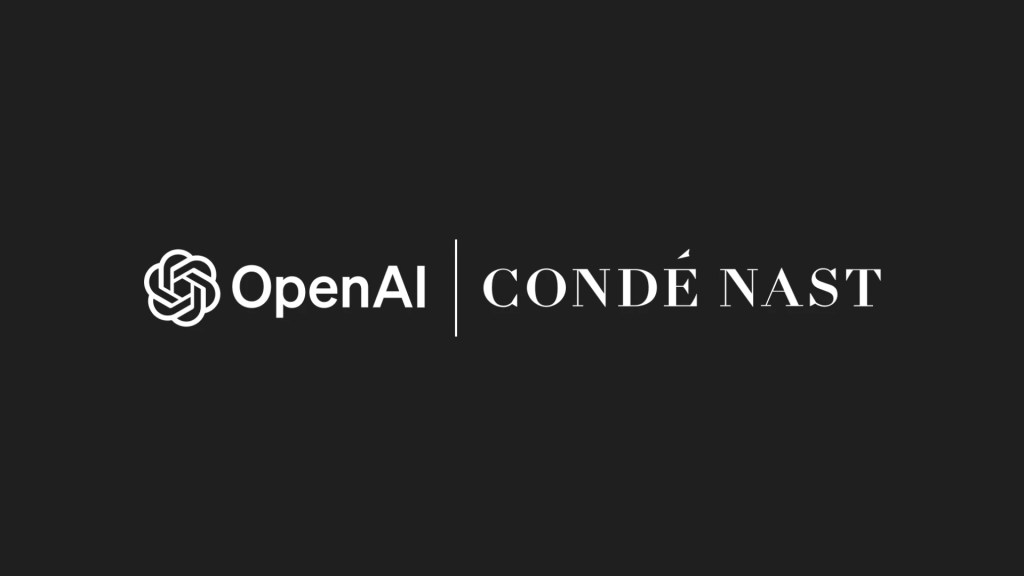
Artificial intelligence company OpenAI has reached an agreement with Condé Nast, the publisher behind Vogue, The New Yorker, and Wired, in a move that could reshape the media landscape.
The multi-year partnership grants OpenAI access to Condé Nast’s extensive content archive while providing the publisher with advanced technology tools.
The deal marks a significant step in OpenAI’s efforts to expand its influence in the publishing world. It also highlights the growing interplay between traditional media companies and tech firms as both industries grapple with rapid changes in how content is produced and consumed.
AI meets high fashion: OpenAI’s collaboration with Vogue publisher
Under the terms of the agreement, OpenAI will use Condé Nast’s content to improve its artificial intelligence systems, including its ChatGPT product. In return, Condé Nast will receive access to OpenAI’s technology for various publishing operations, including content creation and advertising.
This partnership follows similar arrangements OpenAI has made with other major publishers, including Axel Springer and The Associated Press. These deals suggest a growing trend of cooperation between tech and media companies as they navigate the potential disruptions caused by advances in artificial intelligence.
However, the collaboration raises important questions about the future of publishing and content creation. Critics argue that by providing their content to tech companies, publishers may inadvertently be training potential competitors. As artificial intelligence systems improve, they could potentially produce content that rivals traditional journalism and creative writing.
The New Yorker’s AI challenge: Balancing technology and editorial excellence
The deal also comes amid increased scrutiny of how tech companies use copyrighted material to train their systems. The New York Times recently filed a lawsuit against OpenAI and Microsoft, alleging copyright infringement in the development of artificial intelligence models. The outcome of this case could have far-reaching implications for similar partnerships in the future.
For Condé Nast, the agreement represents a significant shift in strategy. The company, known for its high-end print publications, is positioning itself to compete in an increasingly digital media landscape. By embracing artificial intelligence technology, Condé Nast aims to streamline its operations and develop new products for its audience.
The success of this partnership could serve as a model for future collaborations between tech companies and publishers. However, it also presents challenges. Condé Nast will need to balance the benefits of new technology with maintaining the unique voice and quality that have defined its brands for decades.
From Wired to AI-Powered: The Future of Tech Journalism in the Digital Age
As artificial intelligence continues to advance, its impact on the publishing industry is likely to grow. The OpenAI-Condé Nast partnership represents a significant experiment in how traditional media companies can adapt to and benefit from these technological changes.
Industry observers will be watching closely to see how this collaboration unfolds. The results could provide valuable insights into the future direction of both the publishing and tech industries, and how they might coexist in an increasingly digital world.
Author: Michael Nuñez
Source: Venturebeat
Reviewed By: Editorial Team



